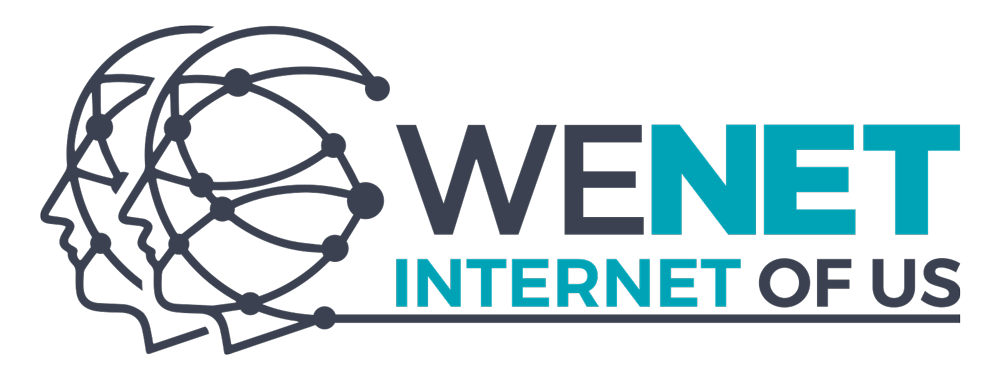
AI has infiltrated every aspect of our lives, from the way we work and communicate to how we treat diseases and wage wars. Globally, businesses and governments are focusing on how to make the most out of this disruptive technology and mitigate the associated risks.
In this AI “race to the top”, the U.S. and China stand as the world’s frontrunners, because of their development of cutting-edge AI applications and their capacity to attract investments. Europe wants to lead the way on digital policies by setting the conditions for the development and use of AI. GDPR, digital competition and online copyright are some of the major policy areas that the last Commission implemented to give the bloc a competitive advantage. But will the new European Commission be able to keep up with Europe’s unfinished digital legacy when the technology is evolving quickly and investments are being allocated to other parts of the world?
Taking place on March 16-17, 2020, POLITICO’s AI Summit returns to Brussels to tackle key questions about the future of AI global regulation and the technology’s implementation, such as:
- What is happening across the globe (U.S., Canada, China, Japan, other regions)? And what are the key alliances that are emerging between countries and regions worldwide?
- Should AI development be limited? How can the biases in the use of AI be addressed? What are the biggest consequences and challenges of automation in industry, taking into account the level of power given to machines?
- Is AI a cultural question? How does the interpretation of “trustworthy” defer from a country to another, and how does it impact AI development across the globe?
- Can the EU push its case for creating international rules in a future world of artificial intelligence and robotization? Will the EU’s approach towards regulation and development of AI technologies, adhering to the region’s ethical standards, give the bloc a global competitive edge — or will the EU be left behind? What are the EU’s policy priorities to boost Europe’s AI industry, while complying with European ethical standards?
- In 2019, China’s AI industry received the most funding, surpassing the U.S. and its traditional advantage in venture capital investment, while Europe still lags behind. What are the EU and member states doing to facilitate access to capital, data and skills needed to support AI growth and develop strong AI solutions?
- How challenging is the implementation of a cross-border and coordinated European approach towards AI? What is being done to overcome those challenges and will member states eventually take the lead?



